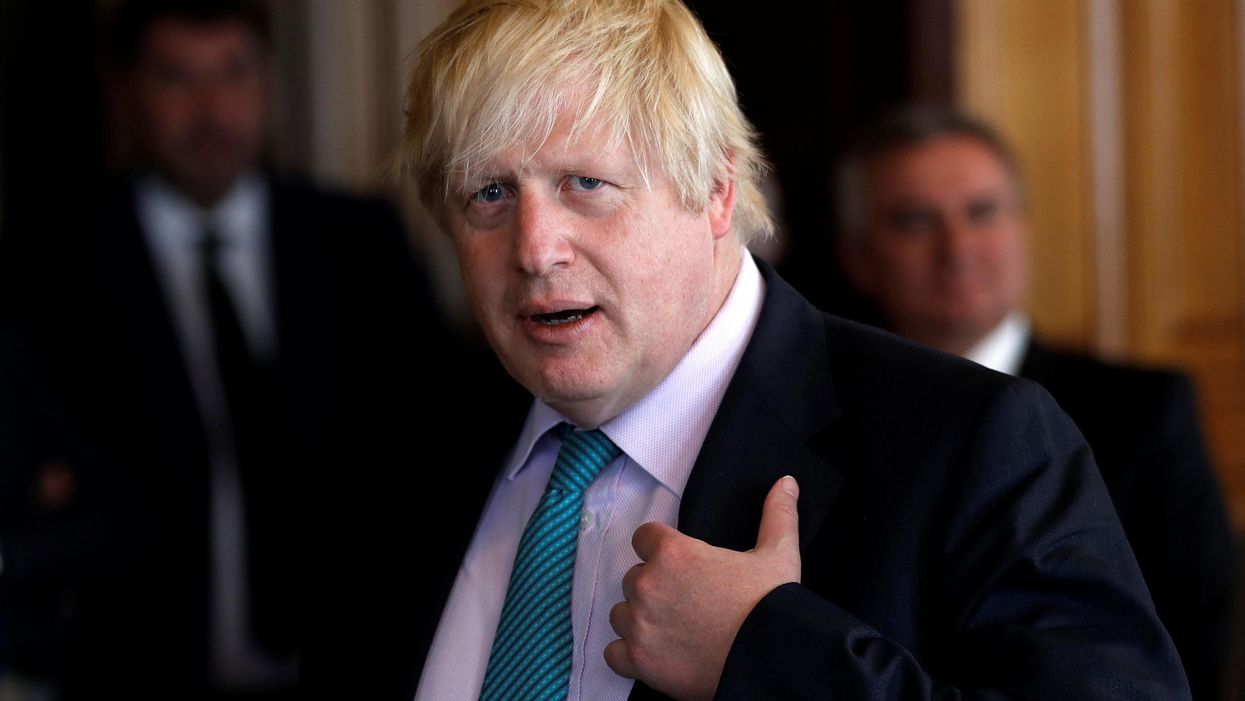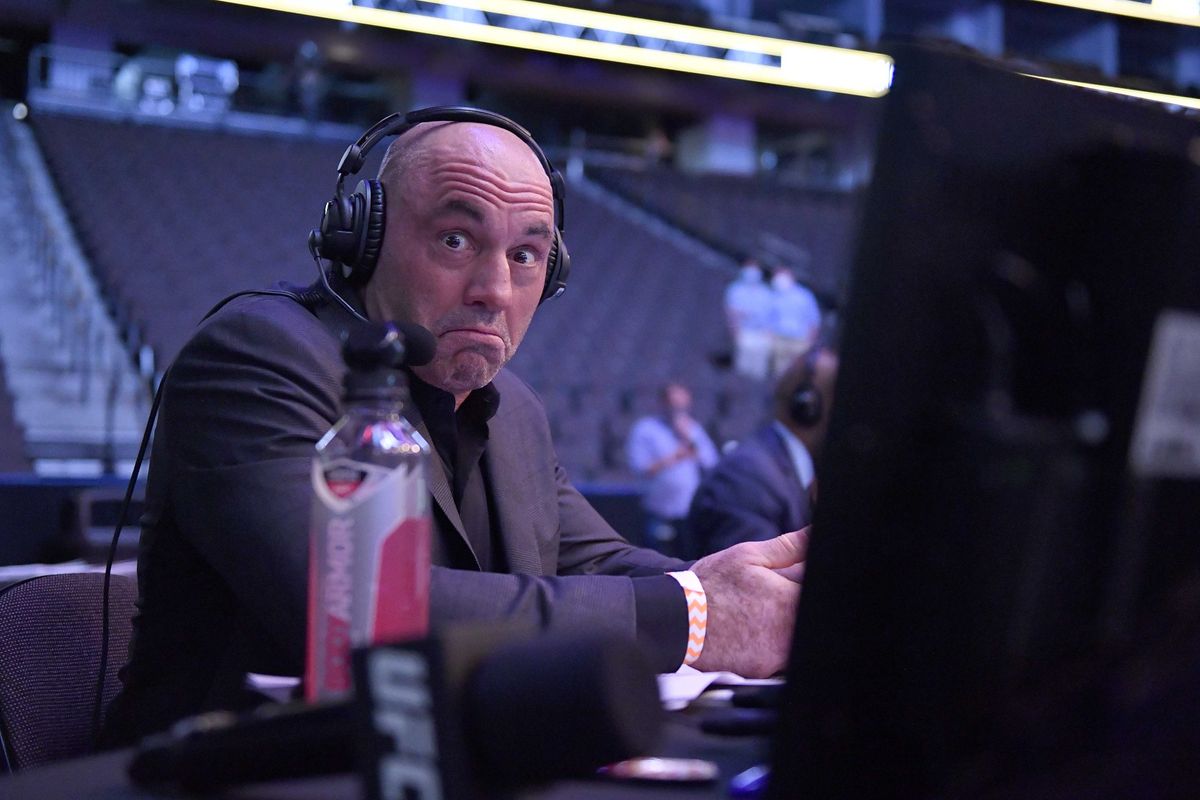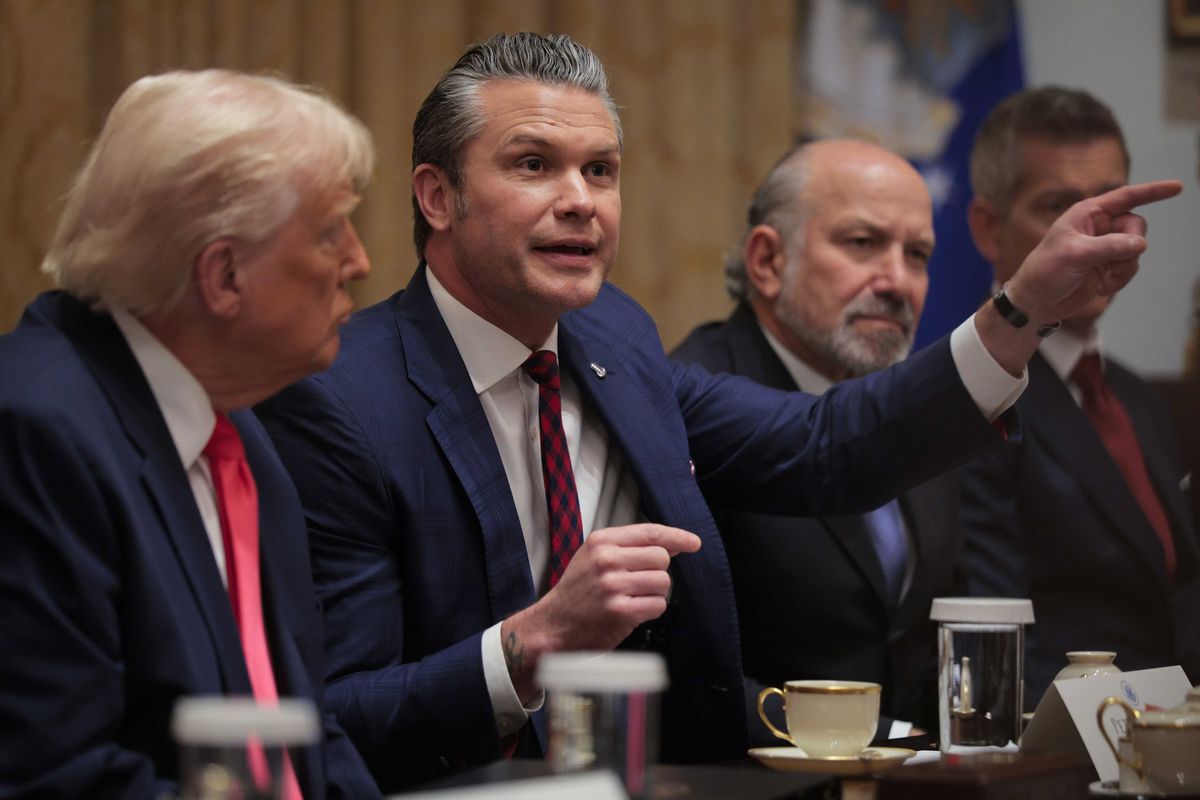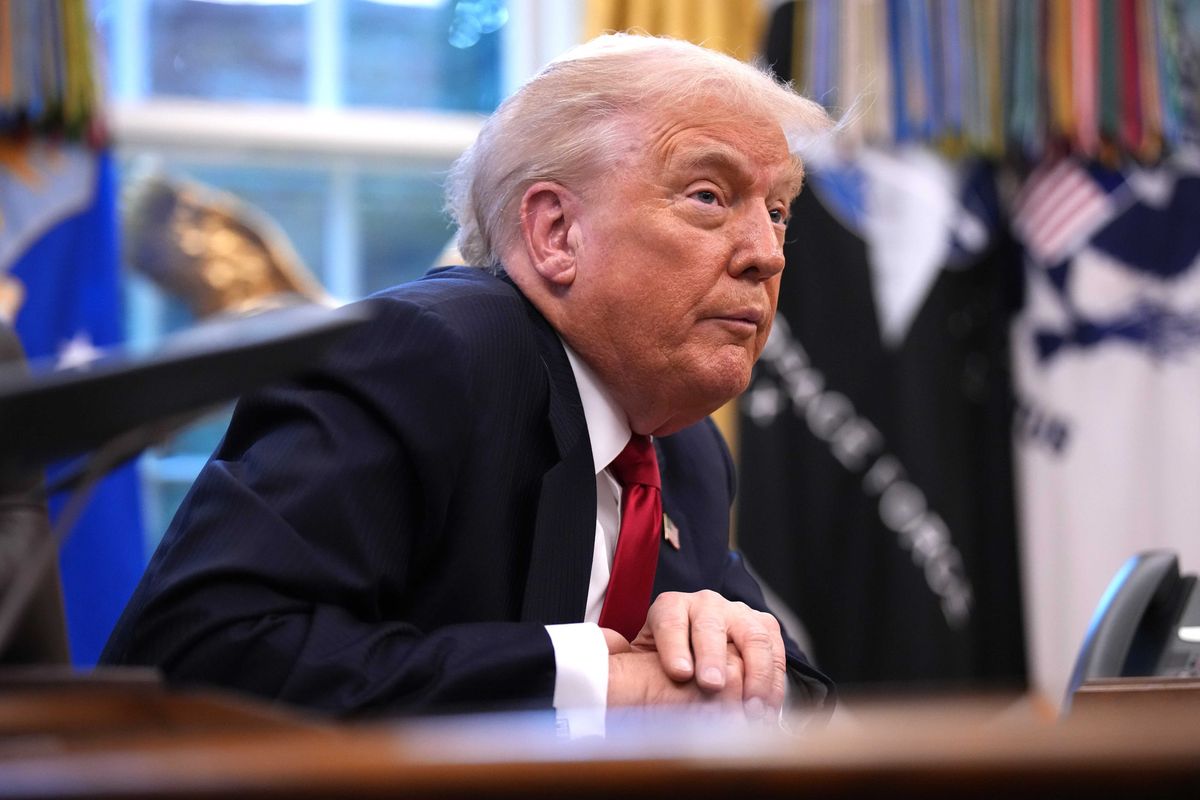News
Greg Evans
Jul 03, 2017

‘The UK’s own assessment is that the Assad regime almost certainly carried out this abominable attack,’ Johnson said on Friday
AFP/Getty
U-turns are becoming rather common for the Tories as of late.
On Sunday, the government's Foreign Secretary Boris Johnson had his say in the ongoing public-sector pay cap row, asking for the 1 per cent ceiling on wage increases to be lifted.
It's a bold move by Mr Johnson, and is another example of Tories pressuring chancellor, Philip Hammond to ease austerity measures after Theresa May lost her majority in the General Election.
A senior government source reportedly told the Guardian.
The foreign secretary supports the idea of public-sector workers getting a better pay deal and believes the findings of the pay review bodies should be respected
However, on 28 June, Johnson was one of 323 MPs who voted against an amendment lifting the wage cap, thus preventing it from being passed in the Commons.
The amendment was raised by Labour in response to the governments Queen's Speech, which Johnson voted in approval of.
Just so you have it in black and white here is a link to the vote on the parliamentary website.
His name is roughly half way down in the noes column.
The Tories even cheered as the amendment was denied.
However, Johnson's drastic turn around on the pay cap hasn't gone unnoticed.
Labour leader Jeremy Corbyn was quick to point out Johnson's previous stance on the issue and called him out on Twitter.
Former Liberal Democrat leader Tim Farron also weighed into the debate branding the former Mayor of London 'utterly shameless.'
Johnson joins Michael Gove, Jeremy Hunt and Justine Greening in a growing list of prominent Tories who are calling for an end to austerity plans since the general election.
The election left the Conservatives with a minority government, since propped up by the DUP courtesy of a deal that guaranteed an extra £1 billion to Northern Irish infrastructure.
This latest criticism could be interpreted as another unsubtle sounding out of leadership prospects by Johnson, who will be well aware of May's precarious position as Prime Minister.
Last summer he made a bid for leadership following his successful campaign for Vote Leave in the EU referendum but eventually withdrew himself from the race.
More: 10 quotes by Boris Johnson that are even more terrifying now he's foreign secretary
Top 100
The Conversation (0)













